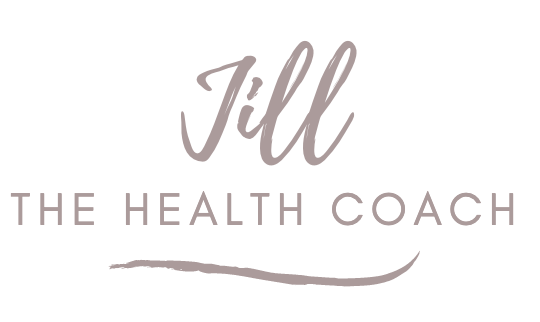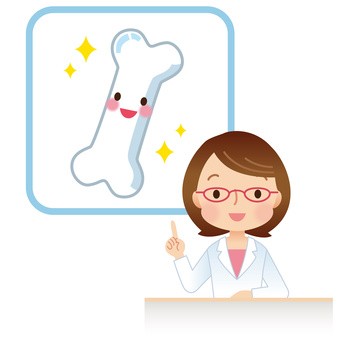There are no bones about it– this may be time to ditch the dairy for “strong bones” along with some of your Calcium supplements
I grew up on dairy because I was told I needed it for strong bones. However, for the past 10 years or so, I generally have not eaten dairy because of the lack of nutritional benefits along with the added toxic substances.
In addition to the many nutrients being sucked out, there are added things that I do not want in my body such as the antibiotics that are used on the cows from living in such close quarters. Also, the animals are fed corn(really? Shouldn’t they be munching on grass??) which is typically Genetically Modified and thereby ridden with pesticides. No thanks!
I always tell my clients that they will get plenty of calcium from eating green leafy vegetables.
Well, it turns out that calcium may not even strengthen bones or protect aging bones. In fact, 2 new studies published in the British Medical Journal find that people over 50 don’t get stronger bones or help preventing fractures either by eating extra servings of calcium-rich foods such as dairy products or by taking calcium supplements.
Researcher Dr. Mark Bolland, an associate professor in the department of medicine at the University of Auckland said the findings will surprise clinicians and patients , “because they have received very strong messages for many years about the importance of calcium for bone health in guidelines for osteoporosis (bone weakness) management and by osteoporosis advocacy groups.”
One set of studies found no evidence that calcium intake is associated with lower bone fracture risk. Another set of studies focused on the effect of calcium intake on over 50-year olds on bone mineral density . Again, they found no meaningful impact on fracture risk
Adverse effects of high calcium intakes can be constipation, and interference with the absorption of iron and zinc. Extra calcium can also be harmful by building up in arteries, casuing heart disease, or in the kidneys, causing kidney stones.
So, what can you do for bone health?
Exercise is key and especially weight-bearing exercises such as walking, running. lifting weights, dancing and yoga.
In terms of supplementation, magnesium is crucial for bone health (along with being one of the most common minerals in which people are deficient). In fact, eating and supplementing with too much calcium may deplete your magnesium levels which is the reason for raised risk of heart attack and kidney problems. Also, vitamin D and vitamin K-2 are vey helpful in supporting bone health.
| All material in this newsletter is provided for information only and may not be construed as medical advice or instruction. No action or inaction should be taken based solely on the contents of this publication;instead readers should consult appropriate health professionals on any matter relating to their health and well-being. The information provided has not been approved the Food & Drug Administration and is not intended to diagnose, treat, cure, or prevent any illness or disease.
|
|
|
|
“It is our choices that show what we truly are
far more than our abilities.” Live well and love more, Jill Gordon
CHHC, HHC, CNHP,
Digestive Health Specialist
|
|
|


